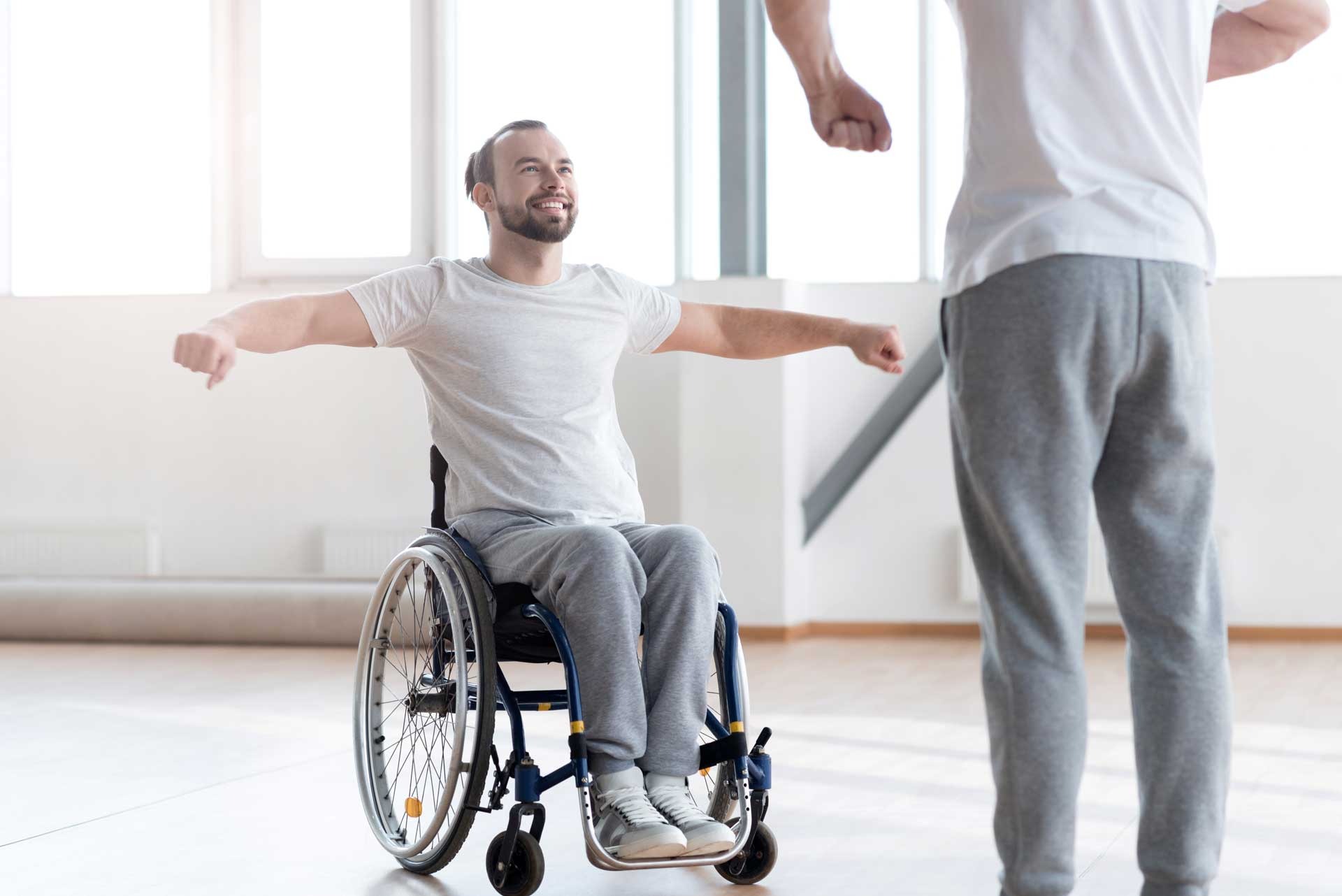The Importance of Bowel & Bladder Management After Spinal Cord Injury
The Importance of Bowel & Bladder Management After Spinal Cord Injury Regaining Dignity, Health & Independence Through Consistent Care
Rajdeep Baruah (Founder)
8/3/20252 min read


Spinal cord injuries (SCI) bring sudden and life-altering challenges—not just in mobility, but also in vital functions like bowel and bladder control. While these issues are often less visible, they can significantly impact a person’s quality of life, independence, and emotional well-being. At NeRI (Northeast Neuro Rehab & Recovery Institute), we consider bowel and bladder management an essential part of the rehabilitation journey, not a secondary concern.
After an SCI, the body’s ability to send signals between the brain and the bladder or bowel is often disrupted. This may result in urinary incontinence or retention, constipation, frequent urinary tract infections (UTIs), or even long-term kidney complications. Without proper care, these issues can lead to serious health risks and a loss of dignity for the patient.
Managing these functions isn’t just about avoiding accidents—it’s about promoting hygiene, preventing infections, and ensuring patients feel confident and in control. A structured routine for elimination, supported by assistive tools and trained professionals, reduces the risk of skin issues, UTIs, and hospital readmissions. It also minimizes stress for caregivers, who often bear a large part of the responsibility.
Beyond physical health, the emotional impact of bowel and bladder issues is profound. Many patients feel embarrassed, anxious, or socially isolated because of the unpredictability of their condition. Effective management leads to a major improvement in self-esteem, motivation, and willingness to engage in therapy or social activities. It helps patients rejoin life—not just survive it.
At NeRI, bowel and bladder training is a core part of our neuro rehabilitation program. Our multidisciplinary team—which includes rehabilitation specialists, physiotherapists, occupational therapists, dieticians, and counselors—works closely with patients to create personalized care plans. These may involve catheterization routines, bowel programs, pelvic floor therapy, lifestyle coaching, and the use of adaptive equipment such as transfer aids or commode chairs. We also provide caregiver guidance to make home-based support safe and sustainable.
Recovery from SCI is not only about restoring mobility—it’s about restoring dignity. When patients feel confident managing their basic needs, they’re better equipped to take part in their therapy and return to their daily lives. At NeRI, we aim to treat the whole person—mind, body, and spirit—and that starts with supporting even the most private aspects of healing.
If you or a loved one is navigating life after spinal cord injury, know that you’re not alone. With the right care, tools, and training, bowel and bladder health can be managed effectively. At NeRI, we’re here to walk that journey with you—one step at a time.
Recover. Rebuild. Relive
We don’t just treat injuries—we empower people to take control of their lives again, to live with dignity and courage.
Contact
Support
+91-9998523083
© 2025. All rights reserved.
